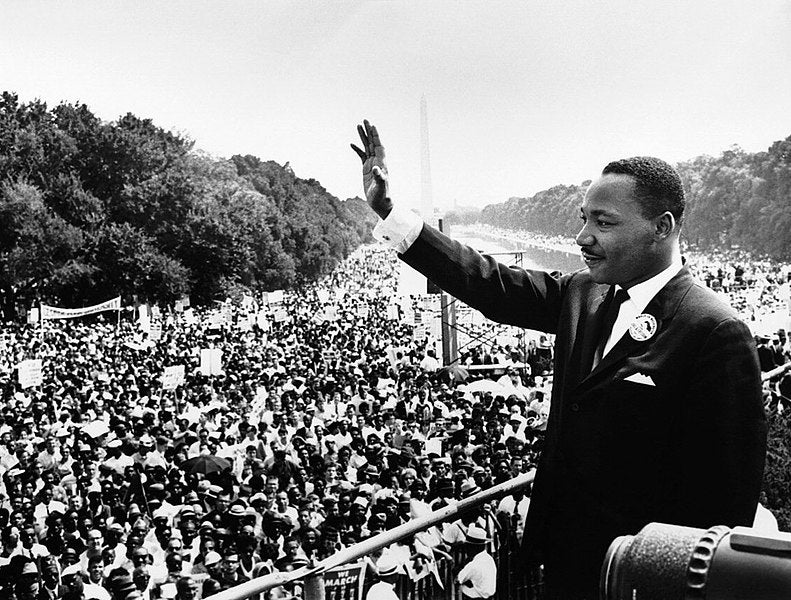As 2016 comes to a close, the Aspen Institute Communications and Society Program invites you to join us as we celebrate and reflect over an exciting year marked by thoughtful, constructive discussions on a range of issues. The following “2016 Year In Review” series offers highlights from the various programs as well as insight into 2017 programming. For more information, please visit our homepage and or follow us on Twitter or Facebook.
In his introduction to the 2016 Symposium on the State of Race in America Comcast Senior Executive Vice President David L. Cohen detailed how much more pessimistic, even brutal, people have become in thinking about race in recent years. In 2014, two-thirds of Americans believed race relations were good and getting better. By summer of 2015, six in ten thought race relations were bad, and forty percent thought they were worsening.
The Aspen Institute Symposium on the State of Race explores individual, cultural, institutional and structural causes of racial problems, looking towards new and viable solutions. Over the past six years, with the generous sponsorship of Comcast Corporation, the Symposium has tackled knotty issues including policing and violence in minority communities, the media’s role in shaping attitudes towards race, and the ways big data can feed “digital redlining.” In 2016 the Symposium examined the ways that shifting demographics are likely to affect two key areas: universities and housing.
Student bodies are increasingly diverse—but are campuses set up to meet the needs of minority students when “candid discourse” can spiral into racially hostile environments? Phoebe Haddon pointed out that students are unlikely to thrive academically if they feel under siege on their campus. What are the best ways for universities to maintain vigorous academic debate while keeping students from being inundated by a multitude of “micro-aggressions?”
Housing is another contentious issue as gentrification permeates more and more neighborhoods. Some see it as a net positive: gentrification brings in families with greater resources to advocate for improved schools and commercial areas for these neighborhoods. But higher housing costs can erode communities built over generations—and social networks that might help boost residents into better work. Pushing these residents to the outskirts of the city can also undermine their ability to commute to the jobs they have. When gentrification is so closely tied to both race and class, what can be done to ease the painful conflict that it often creates?
Watch the opening session of this year’s Symposium. No time? See five top takeaways from social media ambassadors. The 2017 Aspen Institute Symposium on the State of Race in America is scheduled for April 4, 2017 at the Newseum in Washington, D.C. Event details, including the agenda and RSVP information, will be available on our website in early 2017.

